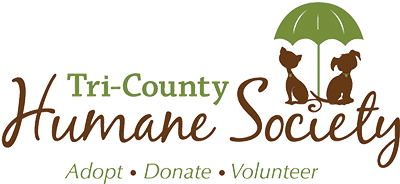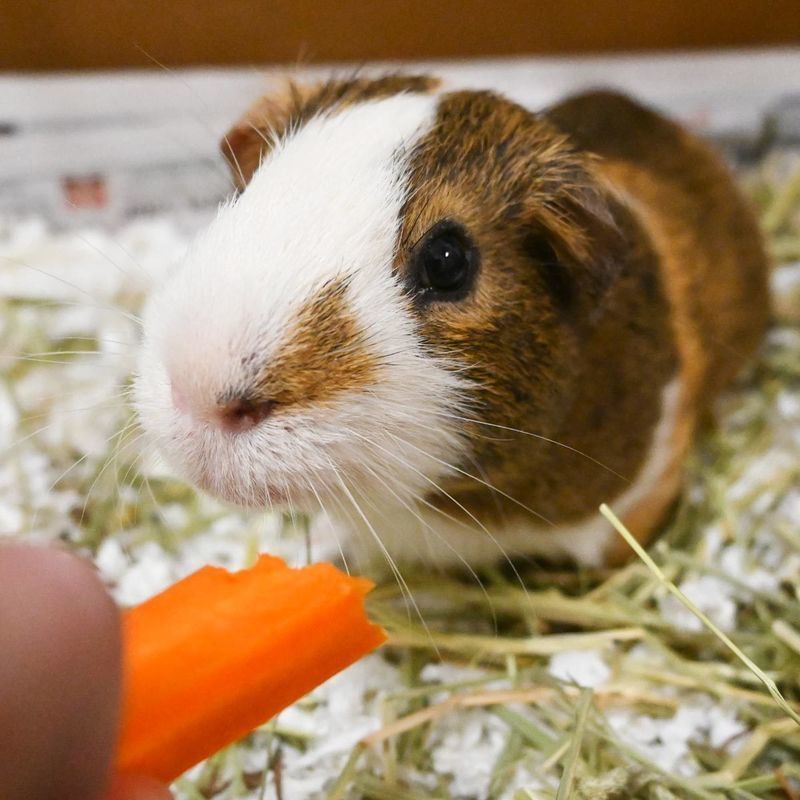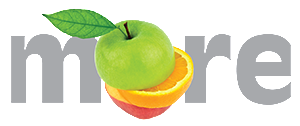Do Not Feed to Rabbits:
Bananas (too sugary)
Beans (causes bloating)
Broccoli (causes bloating)
Cabbage (causes bloating)
Cauliflower (causes bloating)
Celery Stalks (no nutritional value, they can choke on the strings)
Commercial Treats (too sugary)
Iceberg Lettuce (no nutritional value)
Grapes (toxic in excess, too sugary)
Raisins (toxic in excess, too sugary)
Do Feed to Rabbits:
Grass Hay - Grass hay is an important part of a rabbit's diet and should always be available. It is good to give a variety of grass hay, as each type of hay provides a slightly different texture and fiber content.
Alfalfa Hay - Only give to pregnant, nursing, or young rabbits under 6 months of age. Alfalfa hay is too rich for adult rabbits, and in excess can lead to health problems.
Botanical Hay - This hay has a great variety of grass and dry flowers, which offers different flavors for rabbits to enjoy.
Oat Hay - This is a good hay to throw in some variety as it is thicker and harder and helps keep teeth ground down a little.
Orchard Grass - This hay has a softer texture, which is nice for bedding as well as food.
Timothy Hay -This grass hay is the most common hay available for rabbits.
Pellets
Stay away from "gourmet" pellets that include peanuts, seeds, colorful cereal and other additives. Rabbits that are pregnant, nursing or under 6 months of age may receive unlimited alfalfa pellets. Rabbits 6 months and up should receive only 2-3 tablespoons of alfalfa pellets per 5 pounds of body weight per day, since any more than that can lead to obesity and health problems. Timothy pellets are healthier than alfalfa pellets for rabbits 6 months and up because they have a lower fat and calcium content.
The Tri-County Humane Society sells Timothy Pellets, Timothy Hay, Oat Hay, and Botanical Hay from the Oxbow Company, which is a premium brand for small animal diets. All proceeds benefit the animals in our care.
Fresh Fruits and Vegetables
Rabbits should eat about 1 cup of fresh greens each day per 5 pounds of body weight. In addition, they may have 1 tablespoon of fresh fruit and veggies each day per 5 pounds of body weight. Remember to rinse all fruits and vegetables thoroughly. Most fresh fruits and vegetables have high water content, so your rabbit may drink less water than expected. Do not feed wilted or spoiled food and remove uneaten fruits and veggies daily. New foods must be introduced slowly to avoid digestive upsets. If you notice loose stools, you are feeding too much and you should cut out the fresh fruits, veggies and pellets, feeding only grass hay until the stool is formed again. Variety is the key to maintaining a healthy rabbit!
Fresh Greens
Alfalfa Sprouts
Basil
Bok Choy
Beet Greens (tops)
Carrot Tops
Cilantro
Collard Greens
Dandelions (no pesticides/fertilizer)
Escarole
Mint Leaves
Mustard Greens
Parsley
Raddichio
Raspberry Leaves
Romaine Lettuce or Red/Green Leaf Lettuce
Swiss Chard
Turnip Tops
Fresh Fruit and Veggies
Apples (remove stem and seeds)
Blueberries
Carrots
Green Peppers
Mangos
Oranges (including peel)
Papayas
Peaches
Pears
Raspberries
Squash
Strawberries









